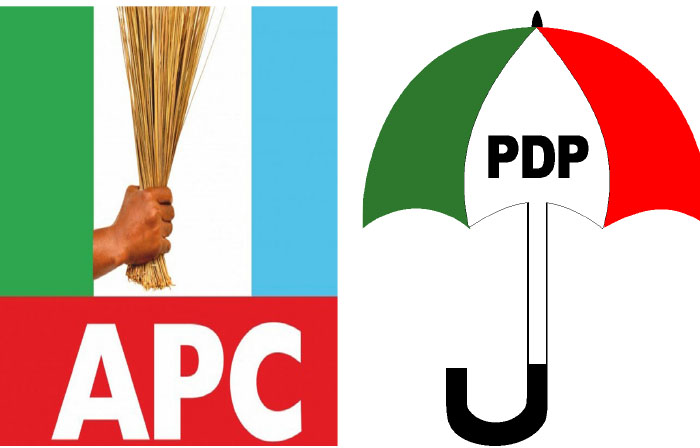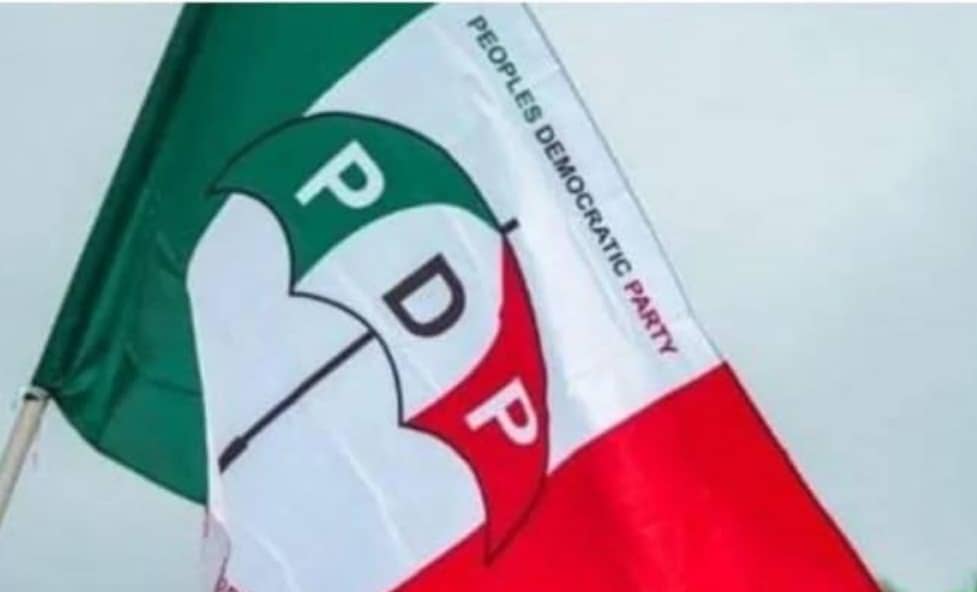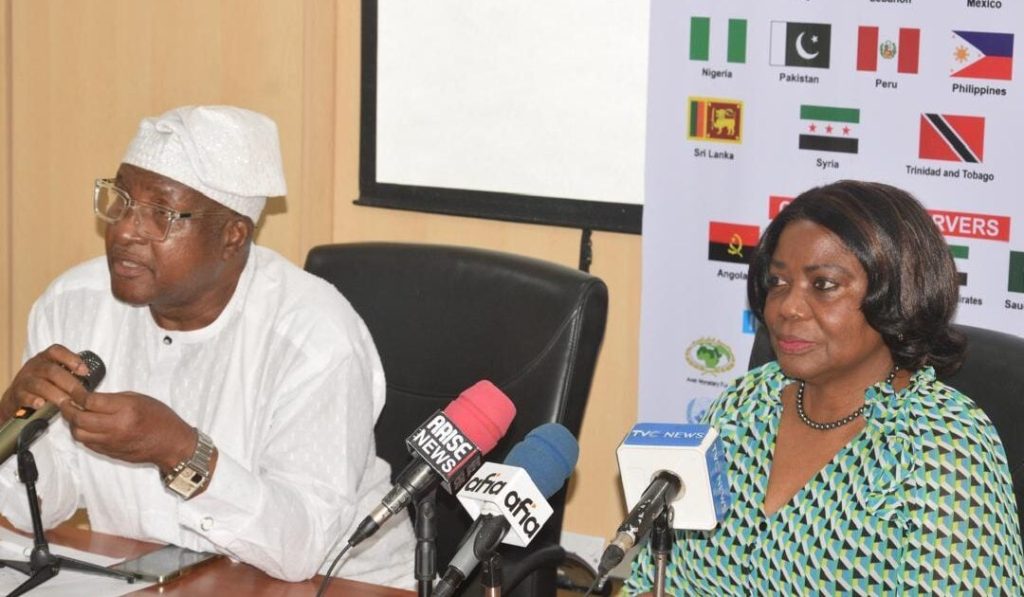A staggering $3.2 billion cut in global education funding by 2026 is set to have a devastating impact on Africa, where millions of children are already out of school. The United Nations Children’s Fund (UNICEF) has warned that this reduction could push an additional 6 million children out of school, undoing years of progress and worsening educational inequalities.
According to UNICEF’s Global Director of Education and Adolescent Development, Pia Britto, the cuts will disproportionately affect sub-Saharan Africa, where 3.1 million more children are at risk of dropping out by 2026. The region is already struggling with a high number of out-of-school children, with over 100 million children missing out on education since 2020.
The funding crisis is attributed to a 24% drop in Official Development Assistance for education, with just three donor governments accounting for nearly 80% of the cuts. At least 28 countries will lose a quarter of their education aid, with 19 of them in Africa. Countries such as Côte d’Ivoire and Mali are expected to see significant declines in enrollment, with 340,000 and 180,000 students respectively likely to be affected.
The situation is further complicated by the fact that many African countries are already facing significant challenges in providing education, including conflict, poverty, and climate change. In Nigeria, for example, approximately 18.3 million children remain out of school, while in Sudan, over 18 million children have been forced out of school due to conflict.
The cuts to education funding are not only likely to worsen the global learning crisis but also threaten essential school-based services such as school feeding programs and gender-focused initiatives. Britto has emphasized the need for governments and donors to prioritize education financing, particularly in humanitarian settings where education is a lifesaving intervention.
In response to the crisis, the African Union has declared 2024 as the Year of Education, with a focus on building resilient education systems and increasing access to inclusive, lifelong, and quality learning for all Africans. UNICEF has endorsed the Nouakchott Declaration, which calls for allocating national education budgets that exceed international benchmarks and exploring innovative financing models to support youth empowerment initiatives.
The global funding crisis is a wake-up call for Africa, highlighting the need for governments, donors, and partners to rebalance education assistance to be more equitable and effective. With the continent facing significant development challenges, investing in children’s education is critical for building a more stable and prosperous future.



